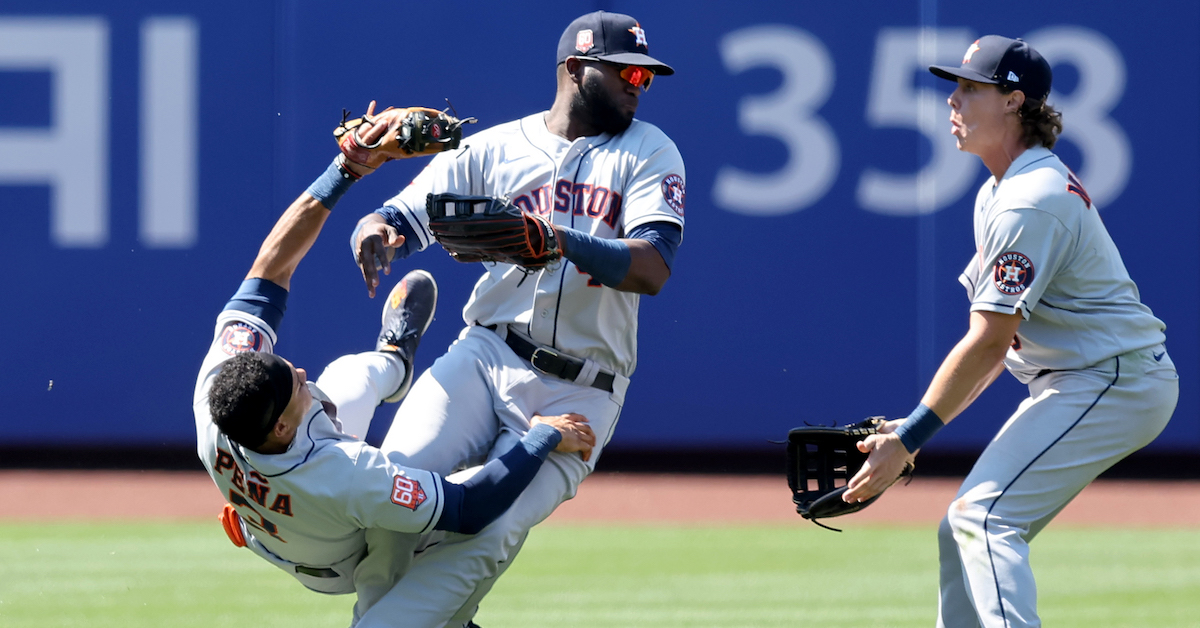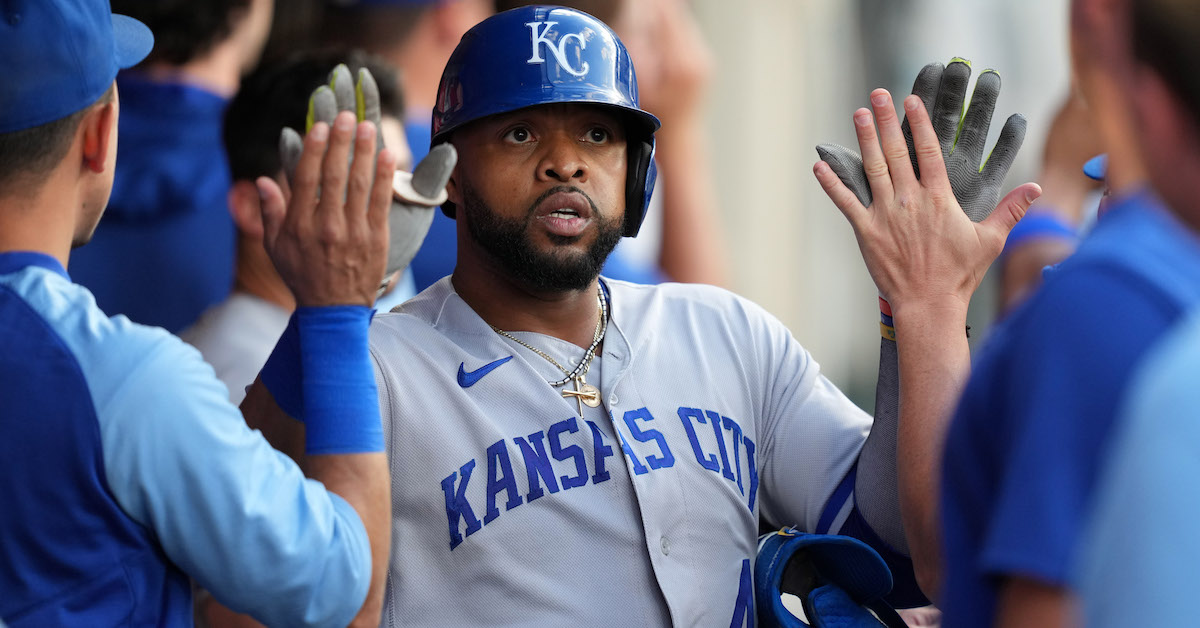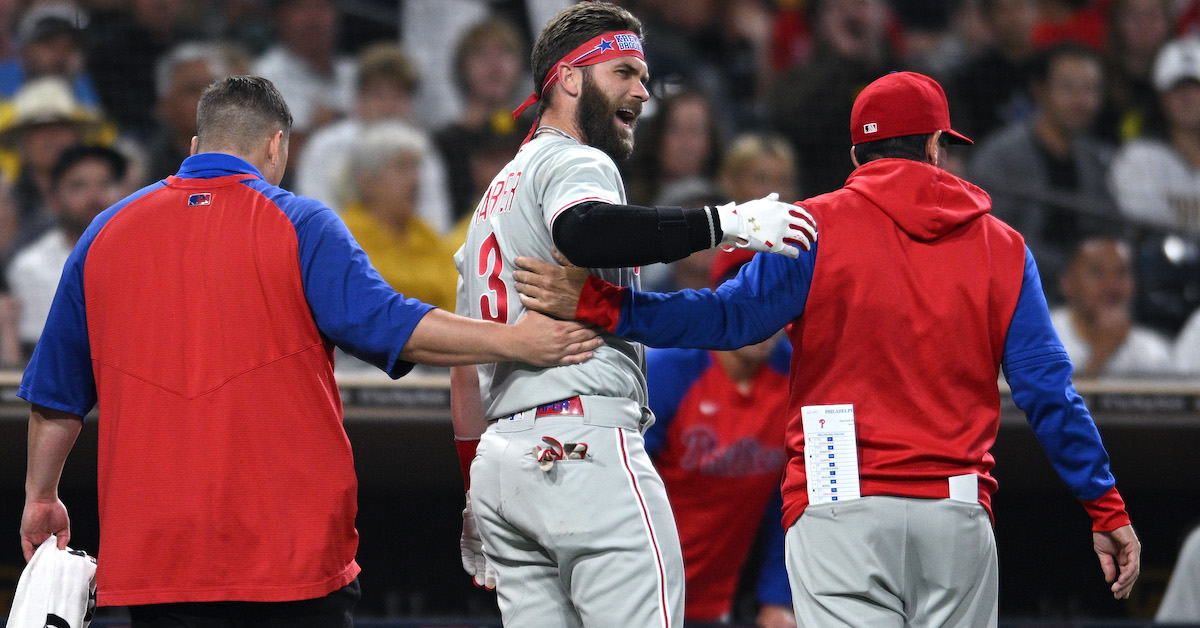FanGraphs Audio: Katie Woo on Covering the Cards, Luke Epplin on Larry Doby
Episode 981
This week, we talk to a reporter covering the St. Louis Cardinals before meeting the author of a book about the unique Cleveland team that won it all in 1948.
- In the first half, David Laurila welcomes Katie Woo, beat writer covering the Cardinals for The Athletic. The pair begin by discussing Woo’s favorite baseball memories generally as well as a few that have come from covering the St. Louis club so far, including the team’s 17-game win streak in 2021 and Miles Mikolas’ recent near-no-hitter. Woo also describes the experience of not only witnessing history, but sharing it with others. We also get insight into some players’ behavior during what has been a fun season, including Mikolas’ brunch opinions, Adam Wainwright’s “day-after-pitching old man walks,” and Albert Pujols leaning into a mentorship role. [3:27]
- After that, Jay Jaffe welcomes Luke Epplin, author of Our Team: The Epic Story of Four Men and the World Series that Changed Baseball. Jay recently read the book, which is about Larry Doby, Bill Veeck, Bob Feller, and Satchel Paige, and their World Series championship together. Veeck was known for his front office antics, Feller was a national sensation, and Paige was a walking legend, but all eyes were on Doby as he broke the American League color barrier in 1947. Epplin shares how Doby differed from the other stars on the team, how varied his relationships with some teammates were, and how his experience differed from that of Jackie Robinson. [28:53]
To purchase a FanGraphs membership for yourself or as a gift, click here.
To donate to FanGraphs and help us keep things running, click here.
Don’t hesitate to direct pod-related correspondence to @dhhiggins on Twitter.
You can subscribe to the podcast via iTunes or other feeder things.
Audio after the jump. (Approximate 65 minute play time.)
Podcast: Play in new window | Download
Subscribe: RSS









